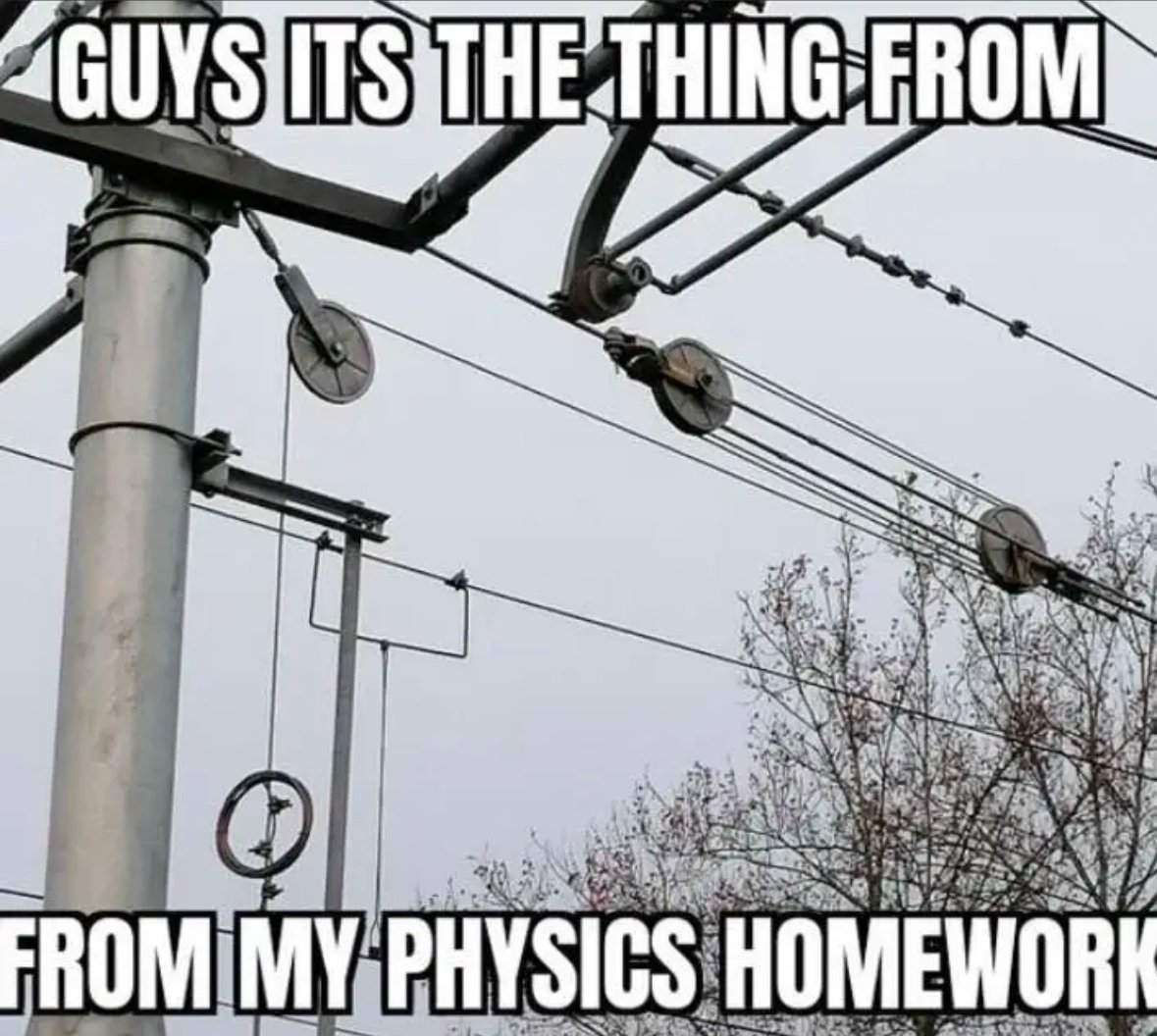this post was submitted on 24 Nov 2024
848 points (98.6% liked)
Science Memes
11646 readers
748 users here now
Welcome to c/science_memes @ Mander.xyz!
A place for majestic STEMLORD peacocking, as well as memes about the realities of working in a lab.

Rules
- Don't throw mud. Behave like an intellectual and remember the human.
- Keep it rooted (on topic).
- No spam.
- Infographics welcome, get schooled.
This is a science community. We use the Dawkins definition of meme.
Research Committee
Other Mander Communities
Science and Research
Biology and Life Sciences
- [email protected]
- [email protected]
- [email protected]
- [email protected]
- [email protected]
- [email protected]
- [email protected]
- [email protected]
- [email protected]
- [email protected]
- [email protected]
- [email protected]
- [email protected]
- [email protected]
- [email protected]
- [email protected]
- [email protected]
- [email protected]
- [email protected]
- [email protected]
- [email protected]
- [email protected]
- [email protected]
- [email protected]
- !reptiles and [email protected]
Physical Sciences
- [email protected]
- [email protected]
- [email protected]
- [email protected]
- [email protected]
- [email protected]
- [email protected]
- [email protected]
- [email protected]
Humanities and Social Sciences
Practical and Applied Sciences
- !exercise-and [email protected]
- [email protected]
- !self [email protected]
- [email protected]
- [email protected]
- [email protected]
Memes
Miscellaneous
founded 2 years ago
MODERATORS
you are viewing a single comment's thread
view the rest of the comments
view the rest of the comments

With the previous ELI12 under control, let's ELI>12 overhead line catenary a little more. For instance, why do you need tension in the first place?
Fact of the matter is that using a rigid conductor is problematic with high voltage AC (skin effect and such), plus it's more visually intrusive than wires. Meanwhile, a wire will sag, regardless of how much tension you can practically apply. So you need a few devices to help keep the wire at height.
For one, the wire is supported every few dozen metres. Secondly, there's a second wire strung above the first one. And while both wires are pulled taut, there are dropper wires between the upper and lower wires, which vary in length. Longer near the poles, while at the shortest near the middle between two poles, which creates a structure similar to a suspension bridge to keep the contact wire within a tight margin of vertical space.